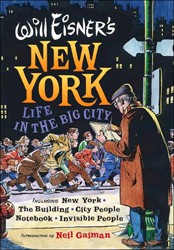With a cover photo that evokes O’Hara/Fitzgerald, Park Avenue in the title, and an abandoned car, a puzzled book buyer might think that Alvin Levin, Jew, was doing his own take on the rich. Wrong. This book deals with the angst-ridden, Bronx-trapped, Yiddish-inflected, always-poor of the 1920 – 30’s. It is not one story, but several — from fragments to novella. Prefaced by John Ashbery, and edited by biographer James Reidel, who wrote the introduction and drew Levin’s work together, Reidel dealt with published material as well as boxed manuscripts found after Levin’s death. Levin, 1914 – 1981, was also an attorney and publisher of utilitarian pamphlets. Burdened by lifelong lameness (polio) which brought together his frustration and talent, it swamped the possibility of lifelong creativity.
Characters exist with choking intensity, longing for comforts and choices — “Park Avenue” — lacking in lives of the unemployed and underemployed in the Bronx. Most remarkable is his depiction of the anguish among young women, jobless, poor, dependent on family, or bereft. Levin’s gritty language and tone make Reidel invoke Saroyan, Miller, and Dos Passos.
At age 30 or so, Levin stopped writing, although his slender works had appeared in New Directions anthologies and The New Yorker. He corresponded with their editors, James Laughlin IV and William Maxwell. Each praised, but urged that he write short stories, not “prose.” That did not happen.
The triggers ending his productivity are unknown; certainly an injurious traffic accident must be factored in. Our loss, as well as Levin’s. In 2010, Levin’s writing is worth revisiting. Illustration, notes.




